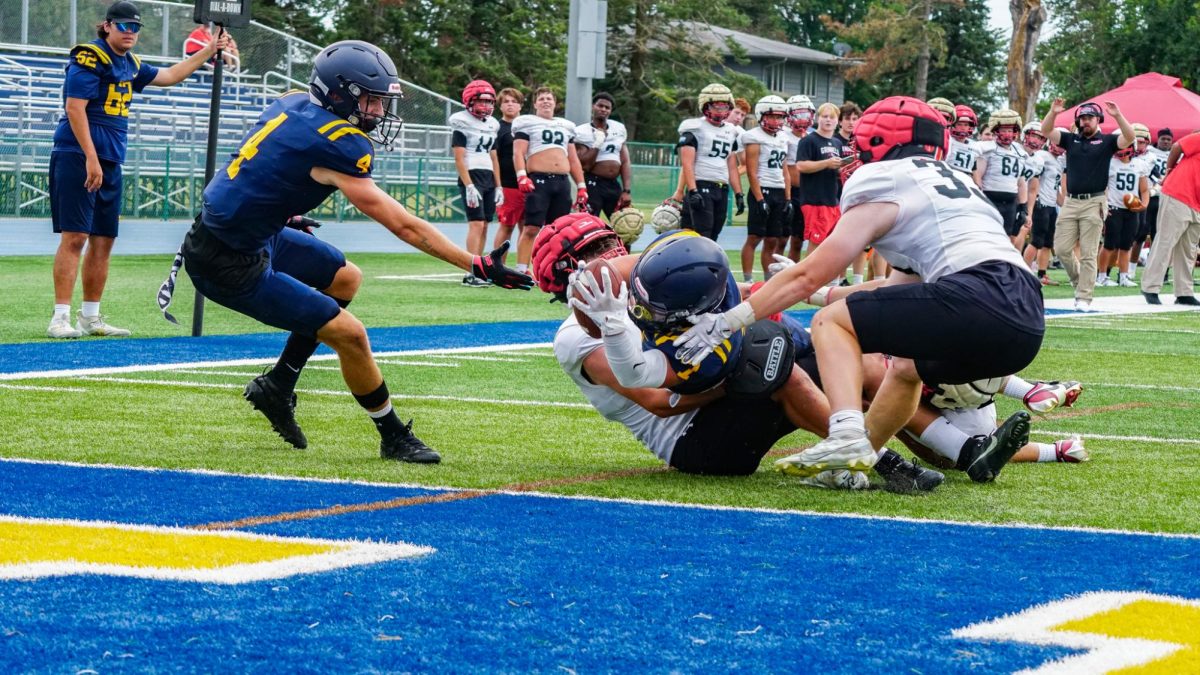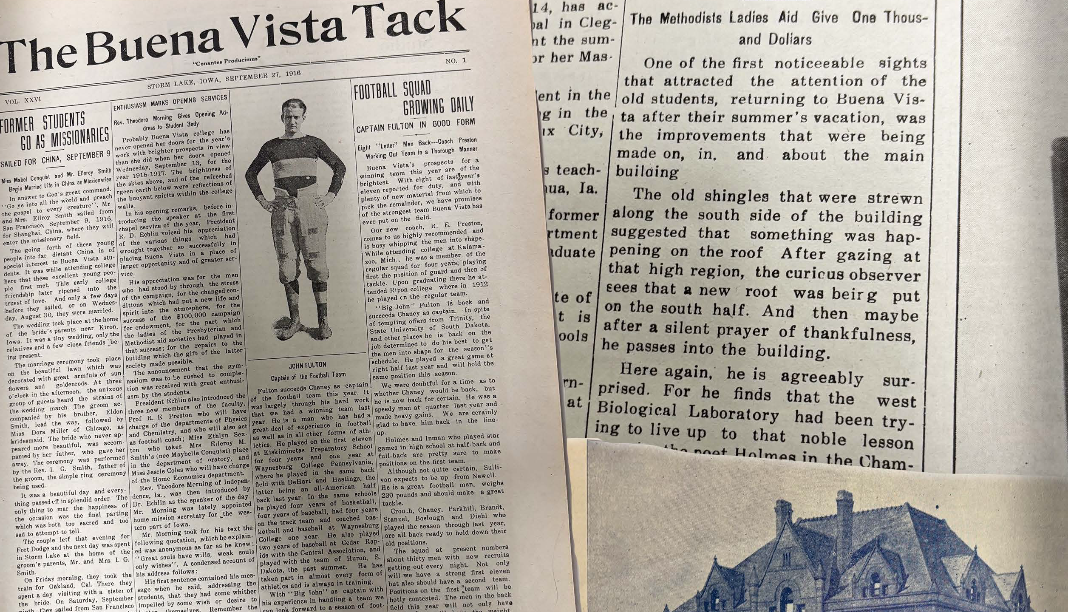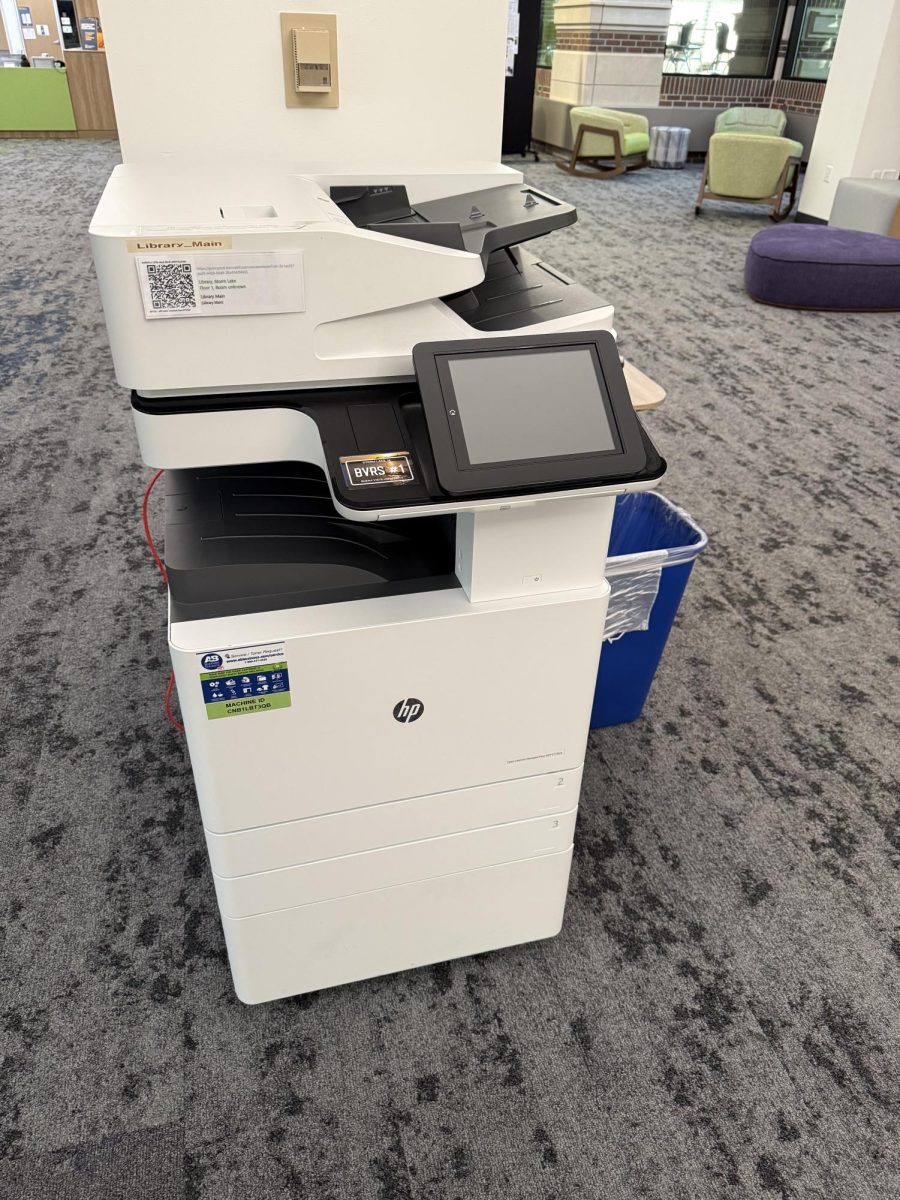BVU Helps with Hurricane Relief Efforts
September 18, 2017
Two hurricanes swept through southern states, Texas and Florida starting in mid-August. Hurricane Harvey started off first, making landfall as a Category 4 Hurricane with winds of 130 mph near Rockport, Texas. It went around southern Texas for days as a weakening hurricane and tropical storm. It dropped 40-52 inches of rainfall as a tropical storm in southeast Texas and southwest Louisiana. It broke all-time continental U.S. tropical cyclone rain records. The hurricane has come to an end but the impacts of it will leave Texas recovering for weeks and months to come.
Hurricane Irma followed shortly after with winds at 185 mph. It set records for the strongest ever recorded in the open Atlantic Ocean. Irma was a Category 5 storm for roughly three days. Irma dealt a major blow to the northwest Caribbean Islands. It also made two landfalls in Florida the first day. One in the Keys and another near Marco Island. It continued to move through and hit Naples in the afternoon and Orlando on Monday. It then downgraded to a tropical depression with damaging winds spreading into parts of Alabama and Tennessee, Georgia and the Carolinas. Flooding continues to inundate the Southeast coast.
Buena Vista University responds to these hurricanes promptly after their happening. There have been no reports of students from Texas directly affected by Hurricane Harvey, however a handful of students from Florida have families that were impacted by Hurricane Irma. The severity of those impacted is not known.
BVU has been helping with hurricane relief efforts following the catastrophic damage in both states. Beaver Athletics sent a box of apparel down to another athletic team in Texas. Team Wellness and Student M.O.V.E paired up and hosted a blood drive as the demand is currently high with many needing blood in these states. The drive was already scheduled but the push to get more donations was much stronger to get blood to those in need. BVU is also collecting money for anyone who’d like to donate to hurricane relief. This can be done by contacting Ashley Farmer-Hanson at [email protected] or calling her at her extension 2443.
Currently, BVU is donating funds to the Houston Food Bank, which has a 5-star rating and less than 2% of profits goes to overhead costs.
“Red Cross is under fire for how they’re using people’s money so we were really consciences in doing research of how this money is being used at the Houston Food Bank,” says FarmerHanson. “They’ll even show you their tax returns.”
As far as BVU helping with rebuilding efforts, that will come at a later time.
“I have had some students ask, “Can we take a trip?” and my colleagues at the University of Texas and other places are saying, “Hold off. This recovery is going to be years,”” says FarmerHanson.
Farmer-Hanson thinks that in the next year or two they’ll end up taking a group from BVU down to help with rebuilding efforts but for now, students who want to help can donate blood at the next blood drive in November. They can also donate money or specific items. However, Farmer-Hanson stresses to find a non-profit that’s very specific on what they need because they may not have a use for just anything sent.
Efforts from BVU were started by students who wanted to do something to help those in need.
“It’s hard to sit back,” says Farmer-Hanson. “Natural instincts take over and you want to do something to serve and help or to just do your part.”
Students have been proactive, putting their heads together, thinking about what they can do to serve and help. Thousands of miles away from the impacted states, BVU is still affected as students attend school from these areas. Knowing that these students are being impacted leaves Farmer-Hanson empathetic.
“It’s hard to lose anything, but to lose potentially everything you have or to have it damaged or destroyed and to be thousands of miles away from home and not be able to immediately be there to help with recovery efforts has to be incredibly difficult for those students so my heart feels for them,” says Farmer-Hanson.
The hurricanes are coming to an end, but the impact of them will remain for months and even years to come.







